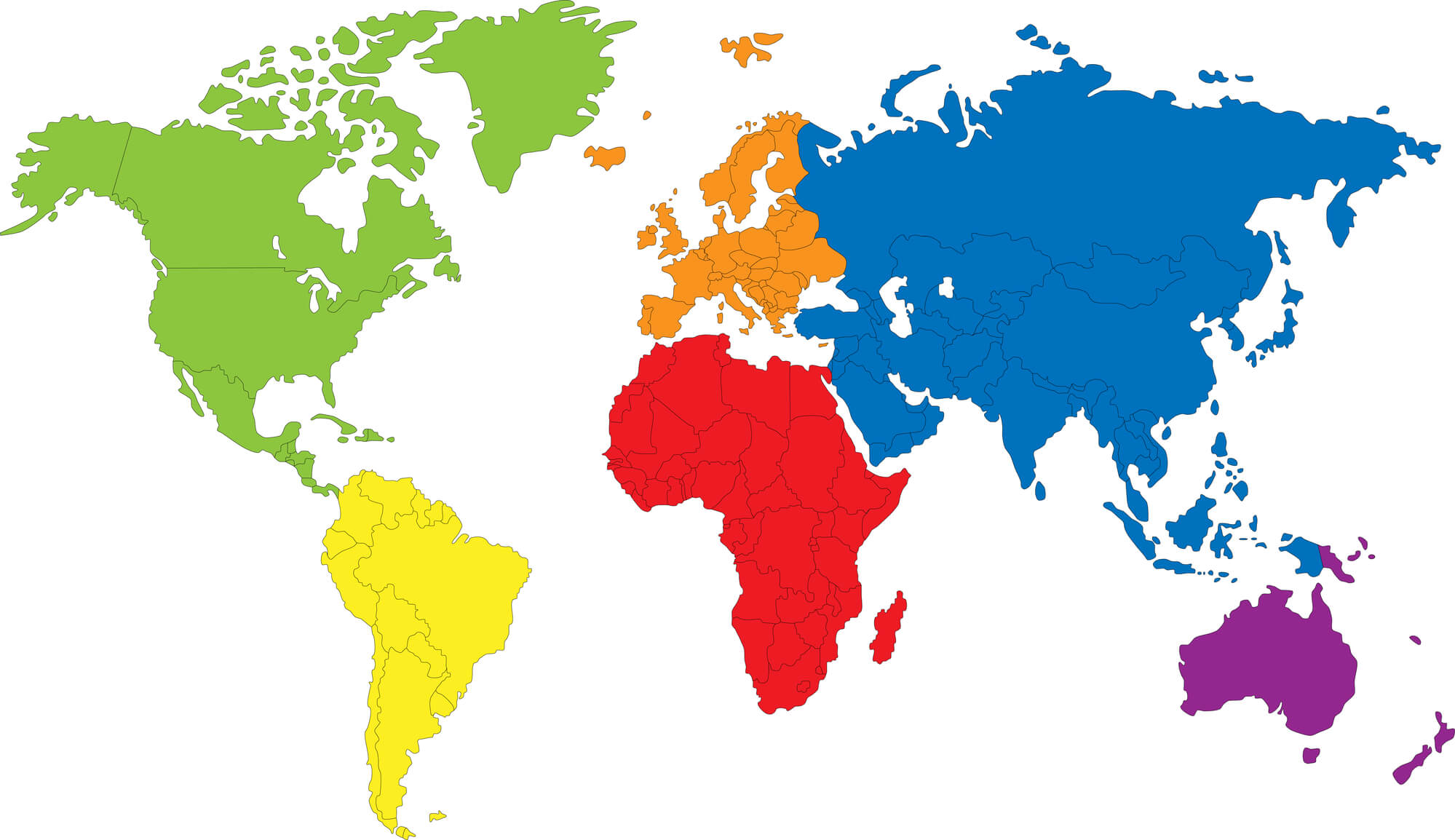Standardisation is crucial in various industries, ensuring consistency, quality, and safety. The International Organization for Standardization (ISO) is at the forefront of international standard-setting. This article will explore the meaning and definition of ISO, its standards, and its impact on industries worldwide.
Understanding ISO
What is ISO?
ISO, short for the International Organization for Standardization, is an independent, non-governmental international organisation based in Geneva, Switzerland. It comprises national standards bodies from different countries, each representing their respective countries' interests in international standardisation. ISO develops and publishes international standards that provide guidance, specifications, and requirements for various industries and sectors.
History and Establishment of ISO
ISO was established in 1947 to facilitate international coordination and unification of industrial standards. It grew out of the need for harmonisation and consistency in standards across different countries, making it easier for businesses to operate globally. Today, ISO has become a prominent global standard-setting body, with its standards widely recognised and implemented across industries worldwide.
Role of ISO in Standardization
ISO's primary role is to develop and promote international standards that address the diverse needs of industries, governments, and society. These standards cover many sectors, including manufacturing, technology, services, healthcare, agriculture, etc. ISO standards serve as reference documents that provide guidance and best practices, helping organisations improve their processes, products, and services.
Benefits of ISO Standards
ISO standards offer several benefits to organisations and stakeholders:
Consistency and Quality Assurance
ISO standards ensure consistency in processes, products, and services, making them more reliable and of higher quality. They provide a common language and framework for organisations to operate, fostering greater efficiency and effectiveness.
Global Compatibility and Market Access
ISO standards are recognised globally, enabling organisations to access international markets easily. Adhering to ISO standards helps organisations meet regulatory requirements and gain credibility in foreign markets.
Innovation and Best Practices
ISO standards often incorporate the latest advancements and best practices in various industries. By following these standards, organisations can stay updated with the latest trends and innovations, driving continuous improvement and competitiveness.
Environmental and Social Responsibility
ISO has developed standards that promote environmental sustainability, social responsibility, and ethical practices. By implementing these standards, organisations can demonstrate their commitment to protecting the environment, ensuring worker well-being, and operating socially responsibly.
Trust and Confidence
ISO standards assure customers, partners, and stakeholders that organisations adhere to internationally recognised best practices. Compliance with ISO standards builds trust and confidence, enhancing an organisation's reputation.

ISO and National Standards Bodies
ISO collaborates closely with national standards bodies from different countries. National standards bodies play a crucial role in developing and adopting ISO standards. They contribute to the drafting and review process, provide input based on national expertise and regulatory requirements, and promote implementing ISO standards within their respective countries.
By working together, ISO and national standards bodies ensure the developed standards are practical, relevant, and applicable globally. They contribute to the international harmonisation of standards and facilitate the exchange of goods, services, and knowledge across borders.
ISO Standards: An Overview
What are ISO Standards?
ISO standards are internationally recognised documents that provide guidelines, specifications, and requirements for various industries and sectors. The International Organization for Standardization (ISO) developed and published these standards, collaborating with national standards bodies and industry experts.
Purpose of ISO Standards
ISO standards serve several important purposes:
Ensuring Consistency and Quality
ISO standards promote consistency and quality by establishing common requirements and best practices. They provide organisations with a framework to improve their processes, enhance product and service quality, and meet customer expectations.
Facilitating Interoperability
ISO standards help organisations ensure compatibility and interoperability between products, systems, and services. They define specifications and requirements, enabling seamless integration and interaction and fostering greater efficiency and effectiveness.
Promoting Safety and Environmental Sustainability
ISO standards address safety and environmental concerns by setting requirements and guidelines for risk management, workplace safety, environmental management, and sustainable practices. They help organisations minimise risks, prevent accidents, protect the environment, and promote sustainable development.
Enhancing International Trade and Market Access
ISO standards facilitate international trade by providing a common language and framework for organisations worldwide. Compliance with ISO standards enhances an organisation's credibility, improves market access, and increases opportunities for global business collaborations.
Range of ISO Standards
ISO has developed standards covering a wide range of sectors and industries. Some of the notable ISO standards include:
ISO 9001: Quality Management Systems
ISO 9001 is one of the most well-known ISO standards. It focuses on quality management systems (QMS) and provides a framework for organisations to meet customer expectations, enhance customer satisfaction, and continually improve their processes.
ISO 14001: Environmental Management Systems
ISO 14001 is an ISO standard for environmental management systems (EMS). It helps organisations establish a framework to identify, control, and reduce their environmental impact. ISO 14001 enables organisations to define their environmental objectives, assess their environmental performance, and implement measures to mitigate their footprint.
ISO 45001: Occupational Health and Safety Management Systems
ISO 45001 is an ISO standard for occupational health and safety management systems (OHSMS). It provides a systematic approach for organisations to identify, control, and mitigate workplace health and safety risks. By implementing ISO 45001, organisations can safeguard their workforce, prevent work-related incidents, and foster a safety culture.
ISO 27001: Information Security Management Systems
ISO 27001 is an ISO standard for information security management systems (ISMS). It helps organisations establish a systematic approach to managing and protecting their information assets, including customer data, intellectual property, and sensitive information.
ISO 50001: Energy Management Systems
ISO 50001 is an ISO standard for energy management systems (EnMS). It provides organisations with a framework to improve energy efficiency, reduce energy costs, and minimise environmental impact.

Development and Revision of ISO Standards
ISO standards undergo robust development and revision to ensure their quality, relevance, and applicability. The process involves:
Proposal and Planning
Developing an ISO standard typically starts with a proposal that identifies the need for a new standard or revision of an existing one. Once approved, a project plan outlines the standard's development's scope, objectives, and timeline.
Committee Drafting and Consultation
A committee of experts is established to draft the standard. This committee includes representatives from national standards bodies, industry stakeholders, and technical experts. During this phase, extensive consultation and collaboration are needed to gather input, address concerns, and ensure the standard reflects diverse perspectives.
Public Consultation and Review
Once the committee has drafted the standard, it undergoes a public consultation period. The draft standard is made available for public review and comment, allowing interested parties and stakeholders to provide feedback, suggest improvements, and raise any issues or concerns.
Revision and Finalisation
Based on the feedback received during the public consultation, the committee revised and refined the draft standard. Multiple review and revision rounds may occur until a consensus is reached. The final version of the standard is then prepared for publication.
Publication and Adoption
The ISO standard is published and made available to the public upon finalisation. Organisations can voluntarily adopt and implement the standard according to their specific needs and requirements. National standards bodies may also adopt ISO standards as national standards, further promoting their use within a specific country or region.
Importance of ISO Standards for Industries
ISO standards play a vital role in various industries and sectors:
Quality Improvement and Customer Satisfaction
ISO standards, such as ISO 9001, help organisations improve their quality management systems, enhancing product and service quality. By implementing ISO standards, organisations can meet customer expectations, increase customer satisfaction, and build long-term client relationships.
Environmental Responsibility and Sustainability
Like ISO 14001, ISO standards guide organisations in managing their environmental impact and promoting sustainability. By complying with these standards, organisations can reduce their carbon footprint, conserve resources, and demonstrate their commitment to environmental responsibility.
Workplace Safety and Employee Well-being
ISO standards, including ISO 45001, provide a systematic approach to managing occupational health and safety risks. By implementing these standards, organisations prioritise the safety and well-being of their employees, creating a safe working environment and reducing work-related incidents.
Interoperability and Efficiency
ISO standards related to interoperability, such as ISO 20022 for financial messaging or ISO 13485 for medical devices, ensure compatibility and harmonisation in specific domains. They enable seamless communication, promote efficiency, and facilitate the exchange of information, goods, and services between organisations and systems.
Conclusion
As the International Organization for Standardization, ISO is crucial in establishing internationally recognised industry standards. These standards provide organisations with guidelines, specifications, and frameworks to ensure quality, environmental sustainability, and occupational health and safety. Organisations demonstrate their commitment to excellence, compliance, and continuous improvement by implementing ISO standards and achieving certification.
International health and safety consultants serve as valuable partners in this journey, offering expertise, guidance, and support in implementing ISO standards effectively. Through their gap analysis, documentation support, training, auditing, and continuous improvement assistance, consultants help organisations navigate the complexities of ISO standards and drive their success.
So, whether you are looking to implement ISO 9001 for quality management, ISO 14001 for environmental management, or ISO 45001 for occupational health and safety, consider engaging the services of international health and safety consultants. Together, you can achieve compliance, enhance your operations, and gain a competitive edge in the global market while ensuring your employees' well-being and your organisation's sustainability.
